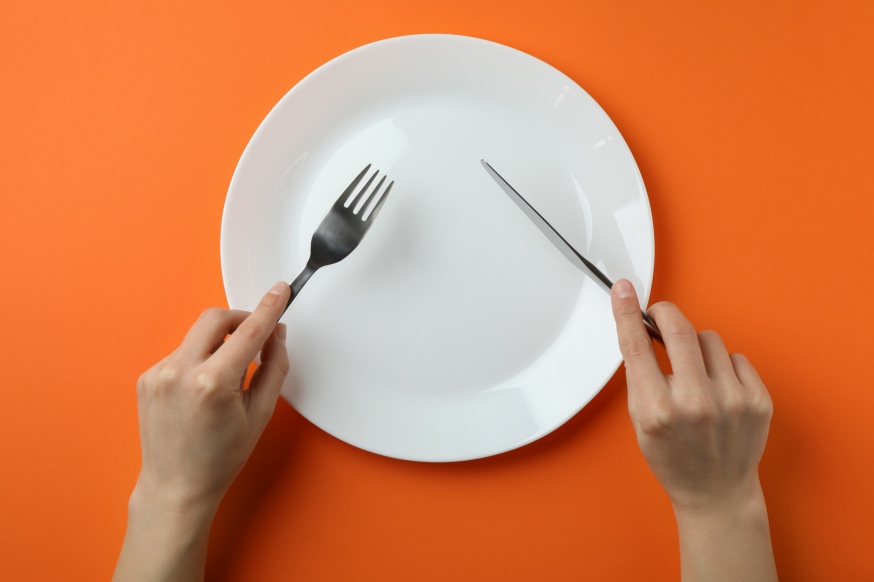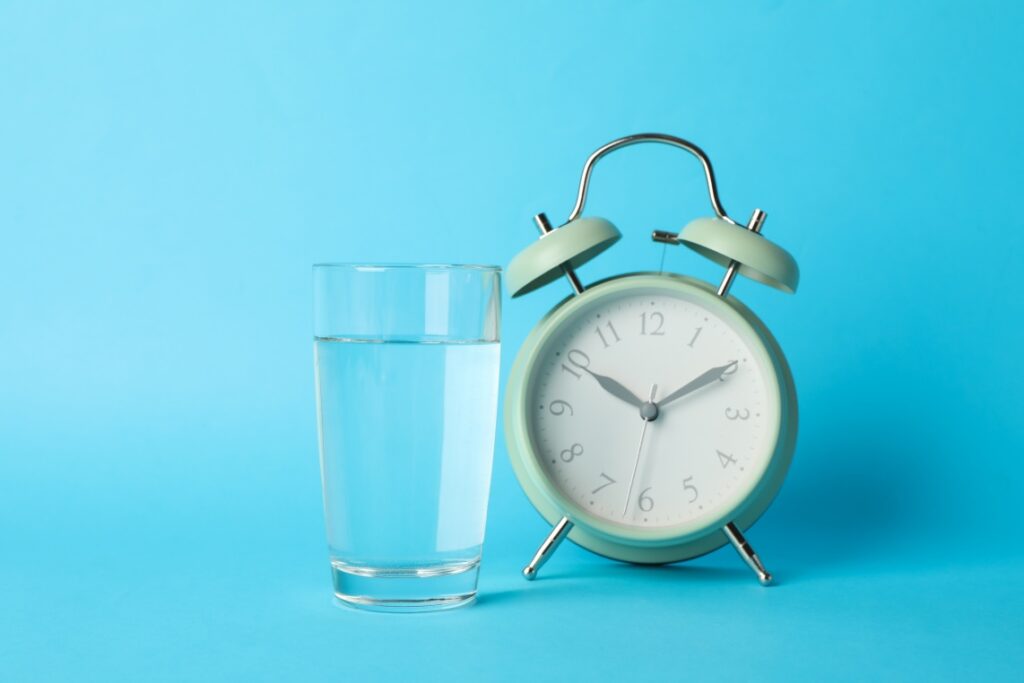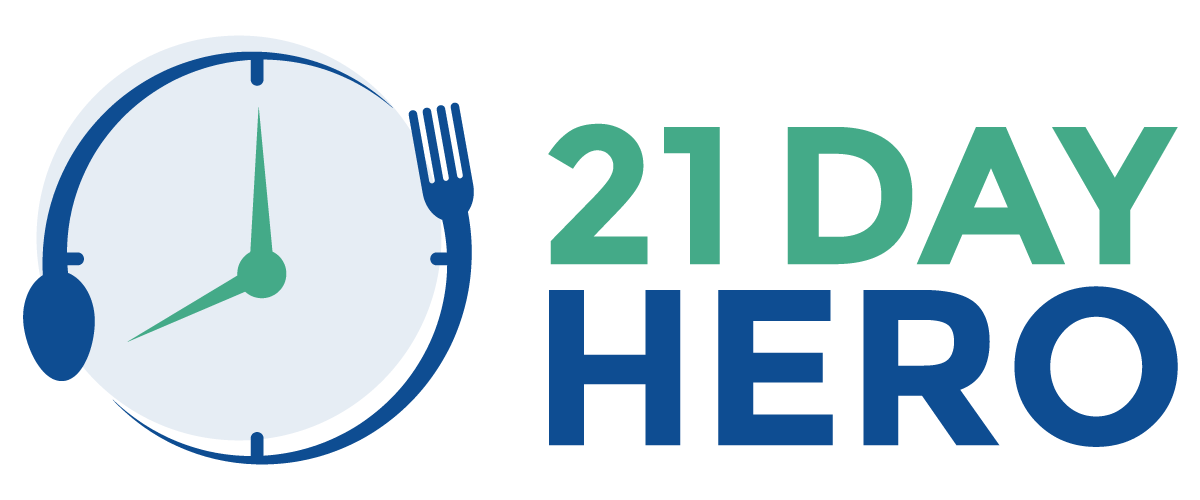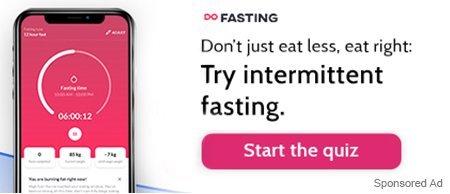What Is Extended Fasting | What Happens When You Fast For 48 Hours | What Happens When You Fast For 72 Hours | Which Is Better 48 or 72 Hour Fast | Side Effects of 48 hours or 72 Hour Fasting | How To Safely Practice Extended Fasting
What is the difference between a 48 vs 72 hour fast? Fasting for 48 hours is 2 days of fasting, 72 hours is 3 days of fasting, but which is better? Intermittent fasting is known to show a variety of benefits for practitioners. This article will discuss what makes the 48 hour fast different from a 72 hour fast, and how your body will change or react during these different fasting periods.

Extended fasting includes consuming only zero-calorie drinks for 24-72 hours without food. The 48 hour and 72 hour fast are the most common extended fasts because of their incredible health benefits.
In this article, we will be discussing the 48 and 72 hours fast benefits. We will also discuss which is suitable for you out of the 48 or 72 hours fast.
Common Benefits of a 48 hour and 72 hour fast
- Weight Loss and Fat Burning
- HGH Increase
- Anti-Aging Benefits
- Insulin Level Decrease
- Reduces Risk of Type 2 Diabetes
- Improved Heart Health
- Cellular Repair and Autophagy – 3 day fast autophagy accelerates the cellular repair!
- May Prevent Cancer, and much more!
What Is Extended Fasting? 48 vs 72 hour fast
Extended fasting, long-term fasting, or prolonged fasting is a type of intermittent fasting that extends for over 24 hours. Extended fasting can also be called water fast, where the practitioner only consumes water for 24 hours to many consecutive days.
Although going without food for an extended period can sound unusual to many people in today’s times, fasting for humans is not a new concept. Before the civilizations came into being, humans hunted and ate animals one time and lived off the body fat when they needed to survive harsh conditions.
So, for healthy people, fasting for a few days is not bad for their health. On the contrary, prolonged fasting can have many health benefits.
Let us discuss the differences between 48 hours fast and 72 hours fast. Although some people also try to extend their fast for over 72 hours, it is advisable to do that only under expert guidance and after consulting a professional.

What Happens When You Fast For 48 Hours?
When you fast for 48 hours, the initial 12 hours are used to digest the food you have already consumed. The food is broken down into glucose stored in the liver and muscles. For 12 hours, your body will burn any glucose that is readily available to it.
Within the next 18 hours, you would have burnt your stores of glycogen, and then your body will switch to finding alternative sources to produce energy. The body starts breaking down triglycerides stored in the fat cells to produce energy.
It is also when the body slowly transitions into the ketosis state. Since all of the available glycogen reserves are burnt, fat storage is the only source of energy for the cells. Hence ketosis starts, and fat will be broken down as the main energy source.
Fasting Benefits by hour:
Between 24 to 48 hours (2 day fast), your body will start autophagy, which can also be considered repairing or cleansing the body. During autophagy, the cells begin digesting the damaged, old, and poorly functioning components. It is when your body removes all the toxins that are building up in the cells.
Autophagy has proven to be effective in the reduction of inflammation reduction of cancer cells and also help reduce the effects of aging.
At the 48 hour mark, the body is in the long-term fasting stage. Now, rapid autophagy is taking place, and the levels of growth hormones also increase considerably. It helps in faster muscle repair. By the 48th hour, you might feel less hungry.
To understand how fasting and autophagy are linked, read – Autophagy & Fasting: All You Need To Know.
What Happens When You Fast For 72 Hours? 48 vs 72 hour fast
From the 48 to 72 hours of fasting, your body’s insulin levels will be the lowest, and ketosis will be the only way to produce energy. Having low insulin levels can also improve insulin sensitivity. Autophagy still goes on during the 72 hour fast.
However, one of the biggest advantages of fasting for 72 hours is the production of stem cells, immune cells, and reduction in oxidative stress. New cells are produced since autophagy helps clean out all the weak cells. It also improves brain function and prevents conditions such as Alzheimer’s.
To know more about how to do prolonged fasting read – Prolonged Fasting 101: How To Do It & Are The Benefits Worth It?
Which Is Better 48 vs 72 hour Fast? Which has the best Benefits?

When we compare the 48 hour fast benefits to 72 hour fast benefits, there is one big difference: the regeneration of cells. The metabolic activities that a 48 hour fast does in the body are also seen in the 72-hour duration. However, the longer you fast, the more benefits your body can have. This gives your body MORE time to do the recovery and regeneration it needs to do, without working on digesting food, etc.
So, 48 vs 72 hour fast: Which One Should You Pick? What are the benefits of fasting 48 hours vs the benefits of fasting 72 hours?
Well, fasting for such a prolonged duration is not an easy task, and hence this should be a personal choice. Also, no rule book says that you can not fast for 60 hours or 54 hours. Whatever you can do comfortably should be your choice.
If you are only starting with intermittent fasting, it is advisable to begin with a 16-hour and 24-hour fast. If you build tolerance, you can go up to 48 hours. Once you see the benefits of fasting for 48 hours, you will surely want to go ahead and practice the 72 hours fast.
Even though a 48 hour and extended fast is excellent if practiced once a month or once every two months, 72 hours of fasting will give you even better results.
Side Effects of 48 vs 72 Hour Fasting
As we have discussed the benefits of fasting for longer durations, it is essential that you know the downside and potential side effects too. Before listing out the side effects, it is crucial for people with co-morbidities such as cardiovascular disorders, liver disorders, kidney disease, diabetes, and any other such conditions to always consult their healthcare professional before fasting.
With this said, a healthy individual can experience hunger and dizziness for the first few times of practicing fasting. Many studies have shown that nausea, fatigue, insomnia, headache, hypertension, and abdominal pain were some of the side effects of fasting for long durations. In addition to this, if you are a beginner, there is a chance that you might feel weak and sluggish during fasting.
Underweight people or people who have a history of eating disorders or other mental health disorders should avoid fasting for longer durations. These people already have various mineral and vitamin deficiencies that can be worsened due to prolonged fasting.
To make sure you are getting enough nutrients, I highly recommend MegaFood Supplements, click the link here to see what they offer. They are easily digestible, and are natural so no synthetic vitamins/minerals, and can be taken on an empty stomach during a fast, and will NOT break your fast with most of their products.

How To Safely Practice Extended Fasting?
For beginners, it is advisable to build up their fasting tolerance before jumping into fasting for 48 or 72 hours. Once your body becomes accustomed to the long duration of no food, long fasts will be easier on you. Also, check with your doctor before beginning any extended fasting to be sure you don’t have any underlying health issues.
Now, if you are a healthy individual and are comfortable with fasting long durations, here are some steps that will help you in practicing extended fasting safely:
Drink Fluids
Since you are only allowed to drink zero-calorie beverages during the water fast, make sure to intake enough fluids to avoid dehydration. When your body has stored glycogen, it holds water. But with that gone, your body will lose fluids quickly, which can turn into dehydration pretty quickly. Hence keep drinking water to maintain the electrolyte balance in your body.
Break The Monotony Of Water
Even though this fast is called water fast, you can also consume some zero-calorie beverages to break the monotony of only consuming water. Options such as flavored sparkling water, green tea, black coffee, and other such zero-calorie drinks can be taken from time to time. You can also add a pinch of salt to your water to balance the electrolyte loss.
Break Your Fast With Caution
Remember that your body has not consumed food for 2-3 days, and hence your digestive system has not been functioning as before. So, eating any heavy meal as soon as you break your fast can cause stomach problems, including diarrhea. So, instead of eating a big meal, starting with soup or low fiber foods can be helpful. Avoid anything too greasy, high in fats, spicy, and high in fiber.
Note that a few people also develop stomach issues with consuming artificial sweeteners after prolonged fasting. Start with a small meal and build up your tolerance to consume meals just like you ate before starting the fast.
Know When To Stop! Yes be safe first and foremost!
We understand that fasting for a long duration can benefit the body. However, if overdone, it can lead to many other complications. Only practice 48-72 hours fasting once a month or once every two months. Do not go without food very often, or it can lead to severe vitamin and mineral deficiencies.
48 hour vs 72 hour fast – Final Verdict

48 vs 72 hour fast, which should I do? It can be seen that both the fasts are good overall, comparing the benefits of a 48 hour fast or 2 day fast with that of 72 hours fast or 3 day fast. Which of these you chose is dependent on how your body reacts to going without food for such long time durations. Choose your desired result and what your schedule and body will allow. Each person is different based on what they are trying to achieve with their fasting results.
I personally prefer the 48 hour window, its just less taxing on your body and hunger mechanisms. I have found that after 2 days, I’m just ready to eat! But, do what’s best for you, 72 hours provides more ketosis and weight loss than 48 hours due to the length of time. Feel your body, and do what feels best!
We receive questions of a various other lengths of fasts, such as 96 vs 120 hour fast, and 42 hour fast autophagy benefits. But honestly the BEST lengths is up to 72 hours, and 48 hours being most common. You get hungry right! but you can do it, just always play it safe! Do not push your body too far!
In addition, starving for an extended time can be detrimental to some people; hence always consider getting an opinion from your healthcare provider before starting these fasts.
Related Articles You May Like:
Want to know which Fasting Plan works best for you? See our List of Fasting Plans HERE.
Want help Losing weight with our Programs? Check out our Fasting Challenge Pages Here.
Need help fasting on the go wherever you are? Find Intermittent fasting mobile apps on our – Top 6 Apps for Intermittent fasting list that we recommend.











